May 3, 2023, is the #FreedomtoLearn National Day of Action. In response to the growing threat of censorship within the American education system, the African American Policy Forum (AAPF) and organizations nationwide, like the Southern Poverty Law Center (SPLC), are coming together to defend truth and protect the freedom to learn.
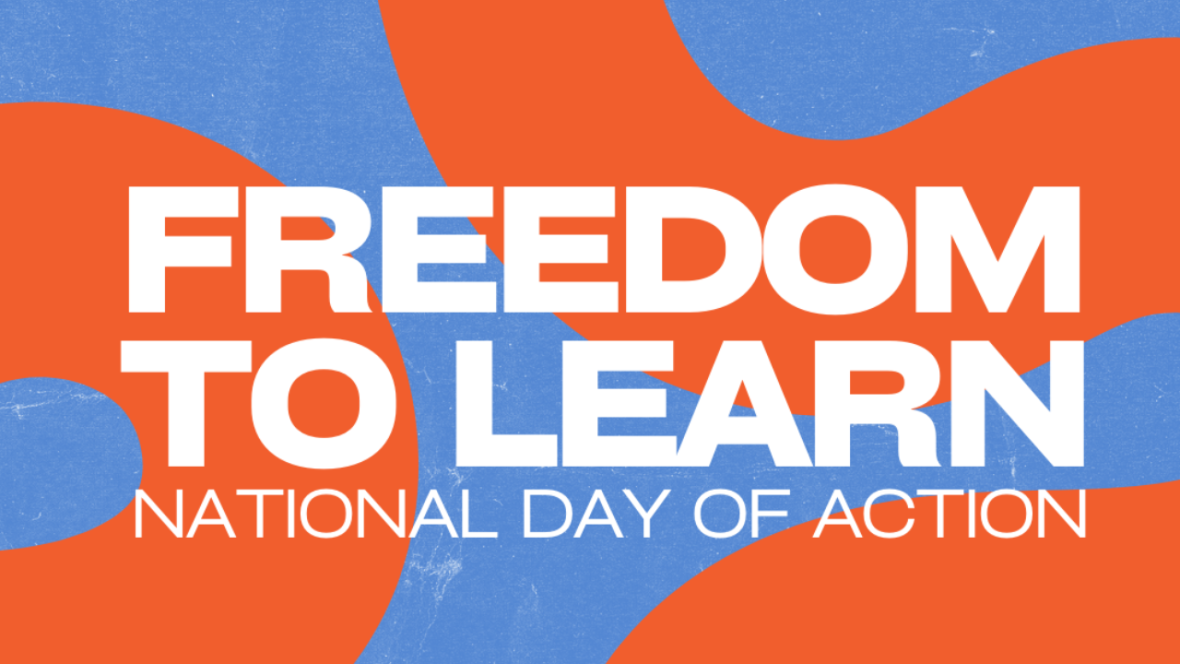 May 3, 2023, is the Freedom to Learn National Day of Action (Photo: Freedom To Learn)
May 3, 2023, is the Freedom to Learn National Day of Action (Photo: Freedom To Learn) “It is not simply a debate about curriculum,” said Dr. Karsonya “Kaye” Wise Whitehead, Ph.D., host of “Today With Dr. Kaye” and an associate professor for Communications and African and African American Studies, on a segment of her show. “What we are talking about is a fight about the direction of this country. […] We are standing up and saying that our classrooms — this nation’s heart and soul — are not up for debate; they are not up for discussion. You are not going to whitewash us out of history.”
Over the past few years, there have been increasingly heated debates over what should and shouldn’t be taught in the classroom. From banning books to attempts at watering down African American history curriculums to state legislatures introducing bills restricting teachers from discussing specific topics like race, gender, sexuality, and inequality, the discourse has become more of a threat nationwide, especially for marginalized communities.
Unfortunately, the battle for equal and inclusive education far pre-dates the “anti-woke” and “don’t say gay” bills we see today. Dr. Kaye explains how this fight goes as far back as the year 1740, when southern slave states enacted anti-literacy laws which prevented anyone from teaching enslaved and free people of color to read and write. However, currently, Black scholars and educators are particularly concerned about the removal of critical concepts like intersectionality, Black feminism/womanism, and institutional/structural racism from the 2023 AP African American studies course. While the College Board has announced a review of this new curriculum, activists are still concerned with the influence political opinions can have on these issues.
“At this very moment, 21 states have enacted measures that censor the honest examination of racism and race in this society, a measure that has already impacted millions of K-12 and college students. Those who promote this extremist agenda of ‘anti-wokeness’ are undermining not only public education but diversity and inclusion practices throughout government, the military, and corporate America. Vulnerable, marginalized, and historically oppressed communities are merely pawns in their game of extreme partisan politics,” read a press release.
The Freedom to Learn campaign is a movement confronting “the growing disinformation campaign against the erasure of history and lived experiences of marginalized communities, critical race theory, and equitable legislation,” as a press release describes. Having gained the endorsement of the nation’s Black-led legacy civil rights organizations, the Freedom to Learn campaign launched the day of action to spotlight the attack on inclusive education, which is ultimately a “lethal assault on democracy.”
Today, the campaign and partnering organizations are hosting rallies in D.C. and New York City, live lectures defending Black studies, virtual discussions, and banned book “read-ins,” where they will be handing out free banned books and more.
“Partnering with communities to fight censorship matters more than ever as efforts intensify to erase stories of difference and diversity from our schools and public discourse,” said Margaret Huang, SPLC president and CEO. “Difficult but essential conversations about racial justice and confronting our collective past must continue in classrooms. Nothing should stop that — not hate groups or anti-democracy extremists, not unrepresentative school boards, and not authoritarian governors.”
According to PEN America’s index of school book bans, 1,477 books were banned within the first half of the 2022-2023 school year; 30% of those books discussed race, racism, or featured characters of color. In honor of the movement to preserve Black history and literature within the education system, here is a list of books by Black authors who have been banned or challenged because they include themes related to race and sexuality:
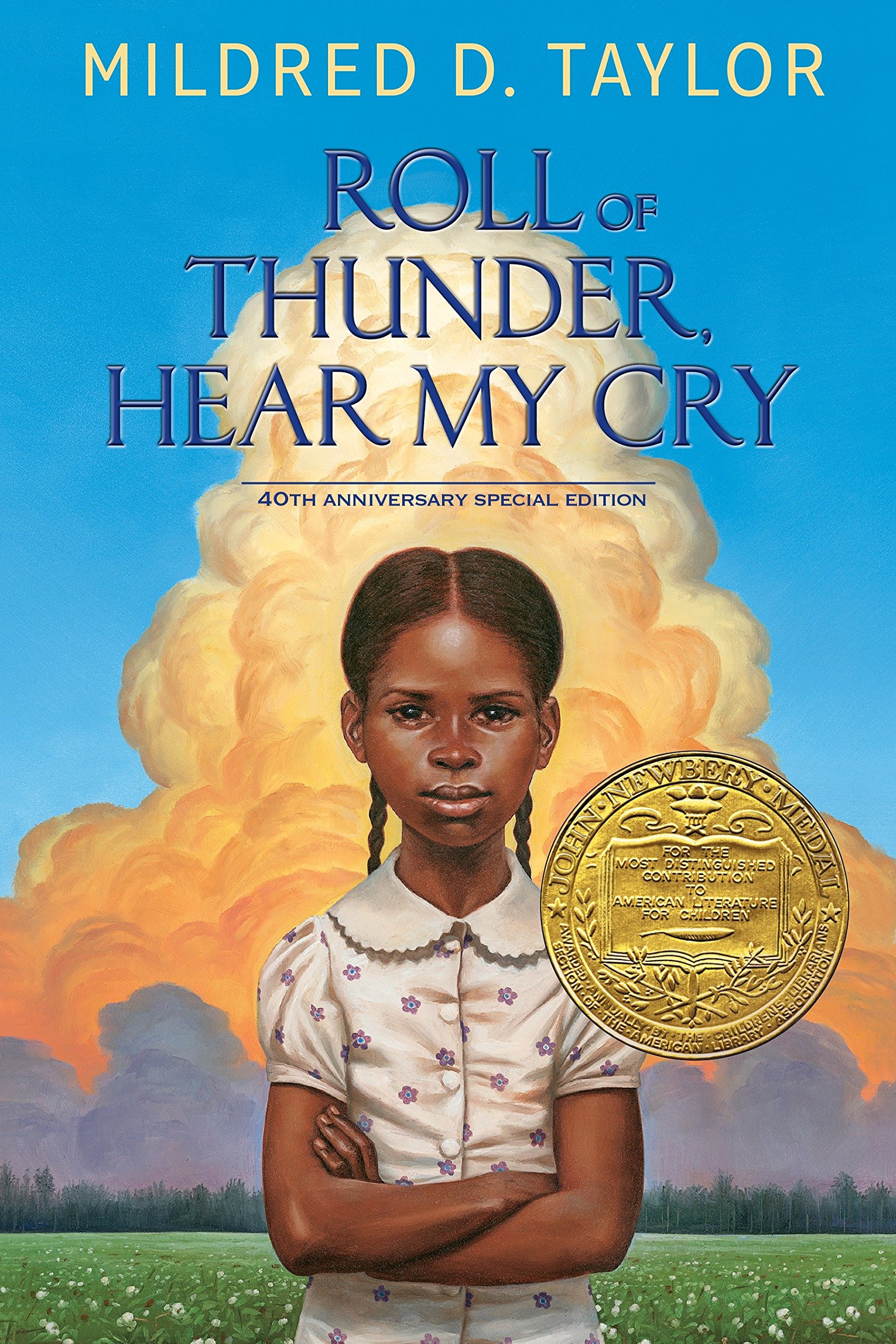
“Roll of Thunder, Hear My Cry”
by Mildred D. Taylor
“The 1619 Project”
by Nikole Hannah-Jones
"The Hate U Give"
by Angie Thomas
"The Stars and the Blackness Between Them"
"All American Boys"
by Jason Reynolds and Brendan Kiely
“The New Kid “ and “Class Act”
by Jerry Craft
"All Boys Aren't Blue"
by George M. Johnson
“I Know Why The Caged Bird Sings”
by Maya Angelou
“Roll of Thunder, Hear My Cry”
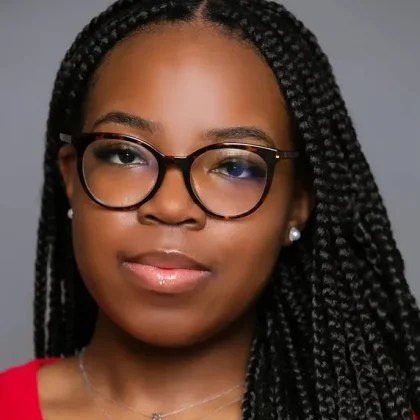
Haniyah Philogene is a multimedia storyteller and Lifestyle reporter covering all things culture. With a passion for digital media, she goes above and beyond to find new ways to tell and share stories.
TheGrio is FREE on your TV via Apple TV, Amazon Fire, Roku, and Android TV. TheGrio’s Black Podcast Network is free too. Download theGrio mobile apps today! Listen to ‘Writing Black‘ with Maiysha Kai.
.png)
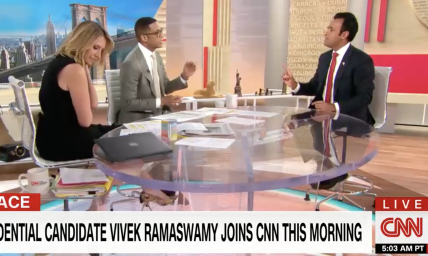
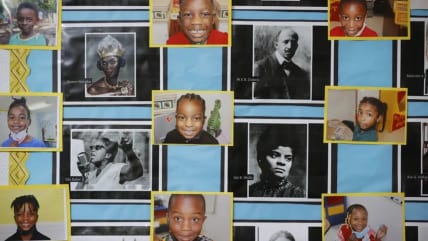

















 English (US) ·
English (US) ·